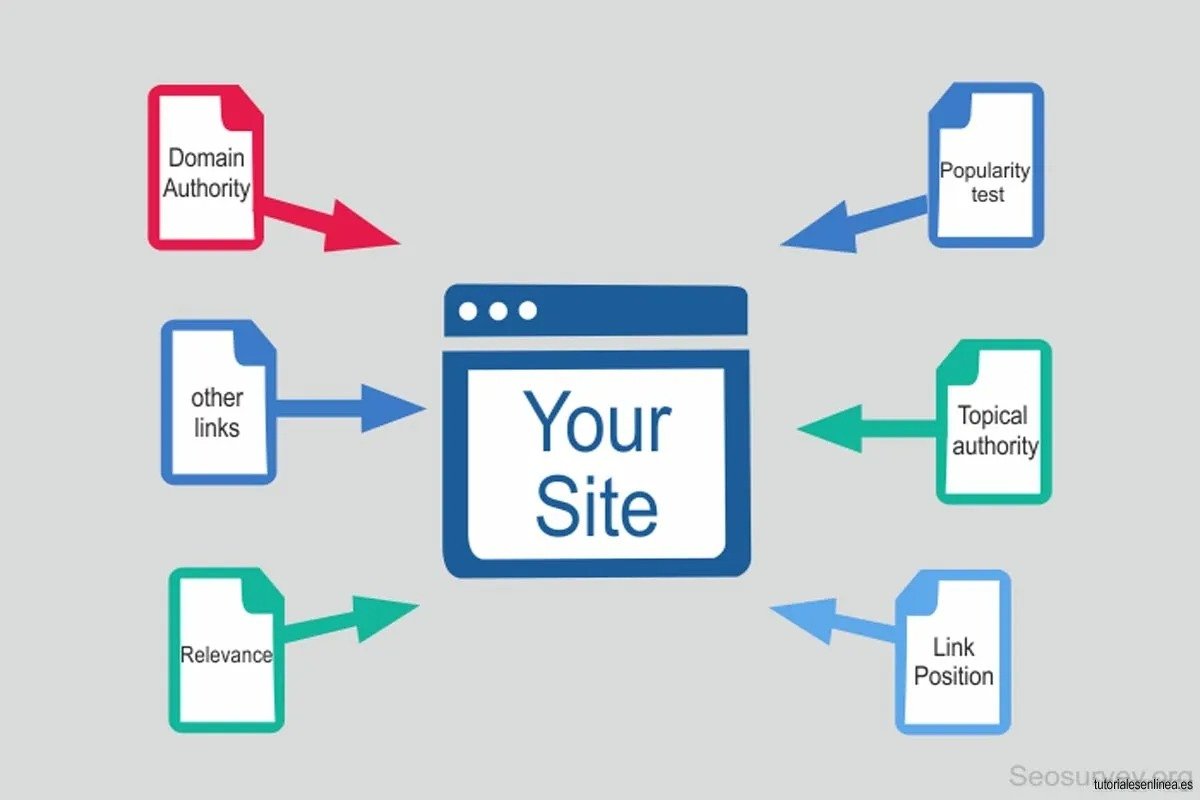In today’s digital age, social media has become an indispensable tool for businesses to connect with their target audience and build meaningful relationships. While social media marketing is often associated with B2C (business-to-consumer) strategies, its importance in B2B (business-to-business) marketing should not be underestimated. In this article, we will explore effective B2B social media marketing strategies that can benefit businesses of all sizes and industries.
Table of Contents
- 1 Introduction
- 2 Understanding the B2B Social Media Landscape
- 3 Setting Goals and Objectives
- 4 Identifying Target Audience
- 5 Creating Compelling Content
- 6 Leveraging Different Social Media Channels
- 7 Engaging with the Audience
- 8 Utilizing Influencer Marketing
- 9 Monitoring and Analyzing Results
- 10 Integrating B2B Social Media with Other Marketing Efforts
- 11 Optimizing for Search Engines
- 12 Measuring ROI and Success
- 13 Conclusion
- 14 FAQs
- 14.1 How long does it take to see results from B2B social media marketing?
- 14.2 Should I focus on all social media platforms or just a few?
- 14.3 What are some common mistakes to avoid in B2B social media marketing?
- 14.4 How can B2B social media marketing help generate leads?
- 14.5 Is it necessary to hire a digital marketing agency for B2B social media marketing?
Introduction
In the world of B2B marketing, social media has emerged as a powerful platform to engage with prospects, build brand awareness, and drive lead generation. B2B social media marketing involves leveraging various social media channels to connect with other businesses, industry professionals, and decision-makers. By implementing effective strategies, businesses can unlock a wealth of opportunities to showcase their expertise, establish thought leadership, and ultimately drive growth.
Understanding the B2B Social Media Landscape
Before diving into the strategies, it’s crucial to understand the B2B social media landscape. While platforms like Facebook and Twitter are commonly associated with B2C marketing, LinkedIn has emerged as the go-to platform for B2B interactions. LinkedIn provides a professional networking environment, making it an ideal platform for businesses to connect with industry peers, potential clients, and professionals looking for collaborations.
Setting Goals and Objectives
To make the most of B2B social media marketing, it is essential to define clear goals and objectives. These objectives should align with your overall business objectives and be specific, measurable, attainable, relevant, and time-bound (SMART). Whether your goal is to increase brand awareness, generate leads, or establish authority in your industry, setting clear objectives will guide your social media strategy and help you track progress effectively.
Identifying Target Audience
Understanding your target audience is paramount in B2B social media marketing. Define your ideal customer profile (ICP) by conducting market research, analyzing customer data, and developing buyer personas. By having a clear understanding of your target audience’s pain points, interests, and needs, you can tailor your content and messaging to resonate with them effectively.
Creating Compelling Content
High-quality content forms the backbone of successful B2B social media marketing. Create content that educates, informs, and adds value to your target audience. Tailor your content to match their preferences and needs. Incorporate storytelling techniques to engage readers and make your brand more relatable. Visual elements like infographics, videos, and images can also enhance the appeal of your content and make it more shareable.
Leveraging Different Social Media Channels
While LinkedIn is a dominant platform for B2B social media marketing, it’s essential to diversify your approach. Identify other social media channels that align with your target audience and industry. Twitter can be a great platform for sharing industry news and engaging in conversations with influencers. Facebook groups, Instagram, and YouTube can also offer opportunities to connect with your audience through different content formats.
Engaging with the Audience
Building and nurturing relationships with your audience is crucial for long-term success in B2B social media marketing. Respond to comments, messages, and inquiries promptly to show that you value their engagement. Encourage user-generated content, such as testimonials and case studies, to boost credibility. By actively engaging with your audience, you foster a sense of community and establish your brand as a trusted industry resource.
Utilizing Influencer Marketing
Influencer marketing can be a powerful strategy in B2B social media marketing. Collaborating with industry influencers and thought leaders can help amplify your reach and enhance your brand’s credibility. Identify influencers relevant to your niche and build mutually beneficial partnerships. Influencers can create sponsored content, participate in webinars or podcasts, or share your thought leadership articles to expand your reach and gain exposure to a wider audience.
Monitoring and Analyzing Results
To gauge the success of your B2B social media marketing efforts, it’s crucial to track key metrics and analyze the results. Utilize social media analytics tools to measure engagement, reach, click-through rates, and conversions. Make data-driven decisions and optimizations based on the insights obtained. Regularly monitor performance, test different strategies, and refine your approach to continuously improve your results.
Integrating B2B Social Media with Other Marketing Efforts
B2B social media marketing should be an integral part of your overall marketing strategy. Ensure that your social media efforts align with other marketing channels such as email marketing, content marketing, and SEO. Cross-promote your content across different platforms to amplify its reach and reinforce your brand’s messaging consistently.
Optimizing for Search Engines
Incorporating search engine optimization (SEO) practices into your B2B social media marketing strategy can help increase your brand’s visibility. Identify relevant keywords and hashtags related to your industry and target audience. Optimize your social media profiles, posts, and links to improve their search engine rankings. By making your content discoverable, you can attract organic traffic and expand your reach.
Measuring ROI and Success
Determining the return on investment (ROI) for your B2B social media marketing efforts is crucial to evaluate their success. Establish metrics to measure the impact of social media on your business goals, such as lead generation, conversions, or revenue. Calculate the cost incurred in implementing your social media strategy and compare it to the results obtained. Continuously analyze your ROI and make adjustments to optimize your social media marketing approach.
Conclusion
B2B social media marketing offers immense opportunities for businesses to connect, engage, and grow. By implementing effective strategies and leveraging various social media channels, businesses can establish thought leadership, generate leads, and build strong relationships with their target audience. In today’s competitive digital landscape, it can be beneficial for businesses to seek assistance from a reputable digital marketing agency specializing in B2B social media marketing.
FAQs
The timeline for seeing results from B2B social media marketing can vary depending on various factors such as your industry, target audience, and the strategies implemented. Generally, it takes time to build a presence, establish relationships, and gain traction. Consistency, quality content, and engagement are key to achieving results over time.
It’s important to focus on social media platforms that align with your target audience and industry. While LinkedIn is often a priority for B2B marketing, consider other platforms where your audience is active. Instead of spreading yourself thin, prioritize a few platforms and invest time and effort into creating valuable content and engaging with your audience effectively.
Some common mistakes to avoid in B2B social media marketing include inconsistency in posting, neglecting audience engagement, not targeting the right audience, focusing solely on self-promotion, and failing to measure and analyze results. It’s important to have a well-defined strategy, create relevant content, and actively participate in conversations to avoid these pitfalls.
B2B social media marketing can generate leads by creating awareness, establishing credibility, and nurturing relationships with potential customers. By sharing valuable content, engaging with prospects, and directing them to targeted landing pages or lead capture forms, businesses can effectively convert social media engagement into leads.
Hiring a digital marketing agency can be beneficial for businesses that lack the expertise or resources to effectively manage their B2B social media marketing efforts. An agency can provide strategic guidance, content creation, analytics, and help optimize campaigns. However, it’s also possible to develop in-house expertise or work with freelancers depending on your business’s specific needs and capabilities.





